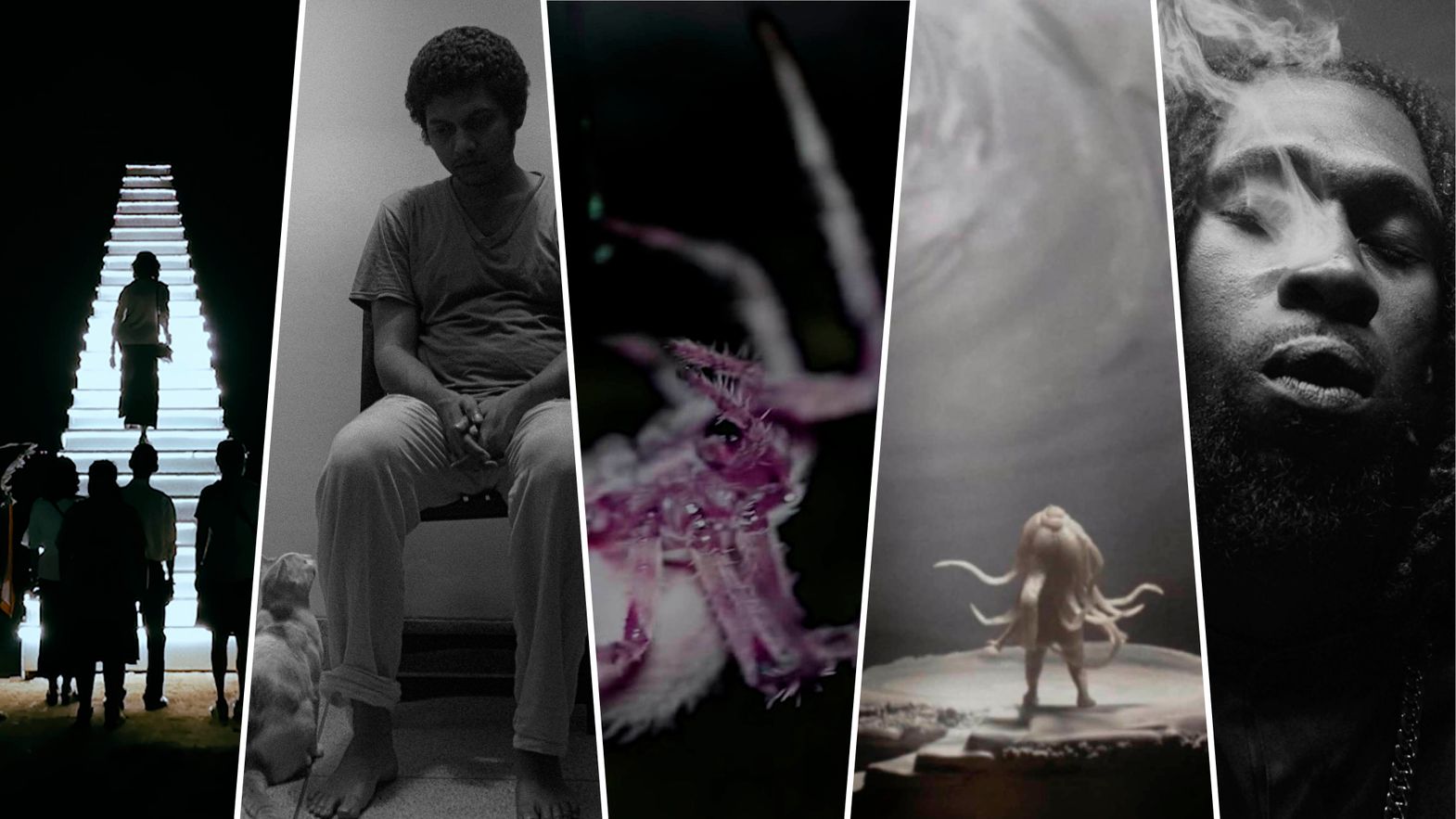
The black screen of Rafael Castanheira Parrode’s experimental essay Memby opens the last Pardi di Domani program of this year. Out of the dark, traces of dust, pixels and stars appear. In a symbiotic dance mixing organic and electronic elements, the traces of light shape figures, human bodies that progressively metamorphose into a vegetal landscape. From footage of a Maya Deren film to scientific microscope videos of blood, cells, eggs and sperm, the film takes us on an amniotic and shamanic journey through various textures, sources and techniques. This beautiful and hypnotic ode to life is dedicated to one of the pioneers of experimental cinema, an inspiration for Jonas Mekas or Apichatpong Weerasethakul: Bruce Baillie, who passed away earlier this year.
Navigating through opposed and complementary spaces, the films of this program offer a rich cinematic immersion from darkness to light, in between memories and present, grounds, underground and even heaven, approaching life and death in a subtle mixture of comedy and melancholy.
Gramercy is the 4th film Pat Heywood and Jamil McGinnis direct as a duo. They explore the boundaries and strength of friendship in a community of African-American young men exposed to grief. Shaq returns to his hometown in New Jersey after 6 months of absence. The use of color and black and white goes further than the traditional opposition of present and flashbacks: it blurs this convention, creating a dialogue between emotional and concrete spaces the characters are wandering through. With its aesthetic choices, Gramercy is a sensitive cinematic proposition on how to film friendship. The link to the territory is strong as well: where is Gramercy? It could probably be almost anywhere in the country, a piece of land as we often see in Indie American cinema, like in an early Jeff Nichols movie. But here the community is Black, the tone and rhythm derivate from hip-hop and not from country music. Inspired by the poem “The Negro speaks of river”, written by mid-20th century African-American author Langston Hugues, it offers a compelling shift of perspective.
After this social tale, we have a metaphysical tale that starts with laughter and verse. Constantly reinventing herself, Renee Zhan is a veteran of the Pardi di Domani section, celebrating with O Black Hole! her third selection in Locarno, after Hold Me Ca Caw Ca Caw in 2016 and Reneepoptosis in 2018. All along her journey, the young and ingenious Singularity meets the planets, seasons, humans and all sorts of creatures imprisoned in the void and longing for liberty. As in her previous films, Zahn proves through this majestic choreography of colors, textures and light her grandiose sense of rhythm, irony and sensuality. Joyful and dramatic, lyrical and deep, O Black Hole! is not only an inventive and brilliant animation film using a mix of 2D and stop motion, it’s nothing less than a cosmic animated musical on how to say goodbye and let go.
Mahde Hasan is another Locarno veteran, with two films previously selected for the Open Doors Screenings: I Am Time (2013) and Death of a Reader (2017). From the very first shot of Ekti ekgheye film (A Boring Film), Hasan works on strong contrasts. He uses off-screen to underline the deafening noise of big estate works (is it construction or demolition?), while the main character tries desperately to repair a tiny porcelain figure. It’s the magnificent opening scene of a film that questions the modernization of society through radical sound design and stunning cinematography, celebrating each trace of stillness and nature. Is it boring to face those topics, as the title suggests in a provocative way? Or is it eventually urgent? It’s a beautiful invitation to slow down.
The last film of the program opens in a modern Vietnamese city landscape and its dynamic soundscape. Thiên đường gọi tên (A Trip to Heaven) is the third film by Linh Duong, a promising director who visited the residencies of major film festivals in the last years, among which Berlinale Talents and Locarno Academy. “I am extremely fascinated by sad, angsty and naggy women”, she admits. This sets the tone for a journey to heaven, in between irony and tenderness, in this hilarious and inventive comedy that risks the juxtaposition of two quite different processes: death and tourism. Or… are they that different? Why should karaoke, Mekong riverboat rides and selfies be reserved for the living ones only? It’s a gentle, dark yet critical comedy that ends up with two wandering stars in the night, almost like the start of the program.
Tizian Büchi
Selection Committee
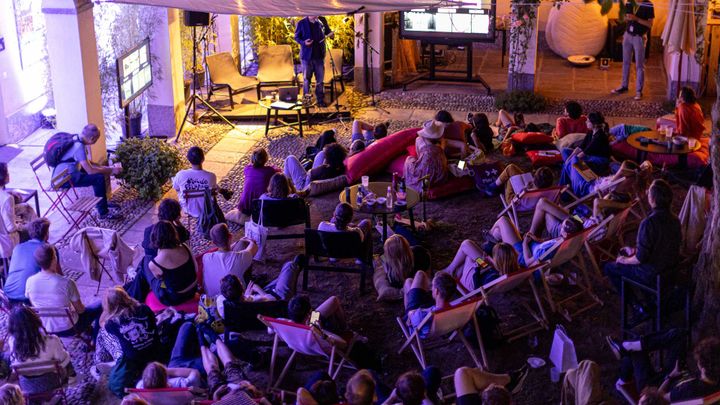
News · 23 | 07 | 2024
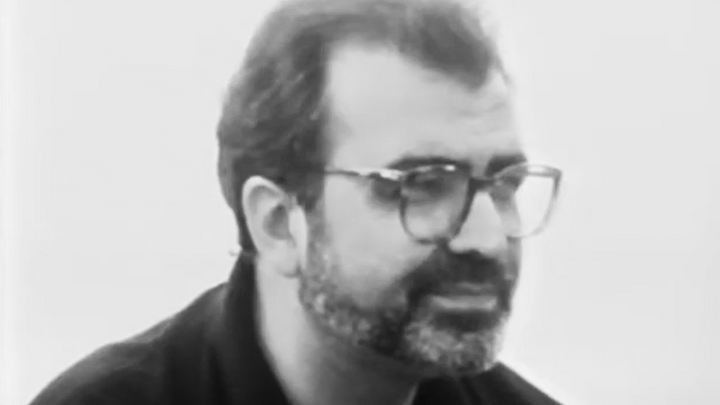
News · 22 | 07 | 2024
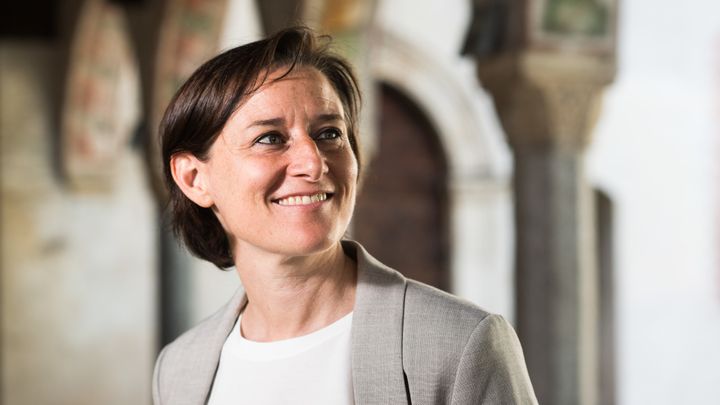
News · 19 | 07 | 2024
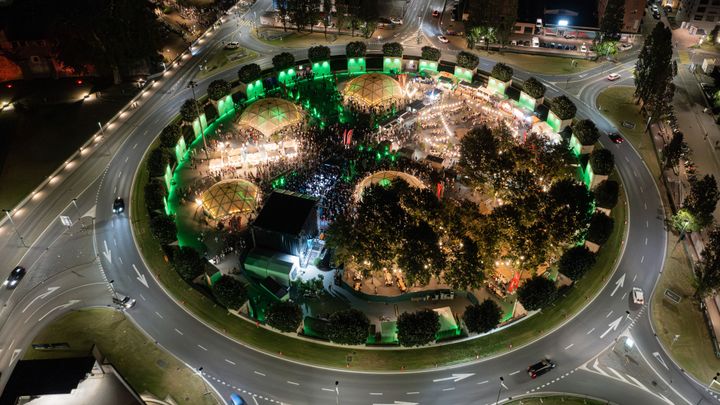
News · 11 | 07 | 2024